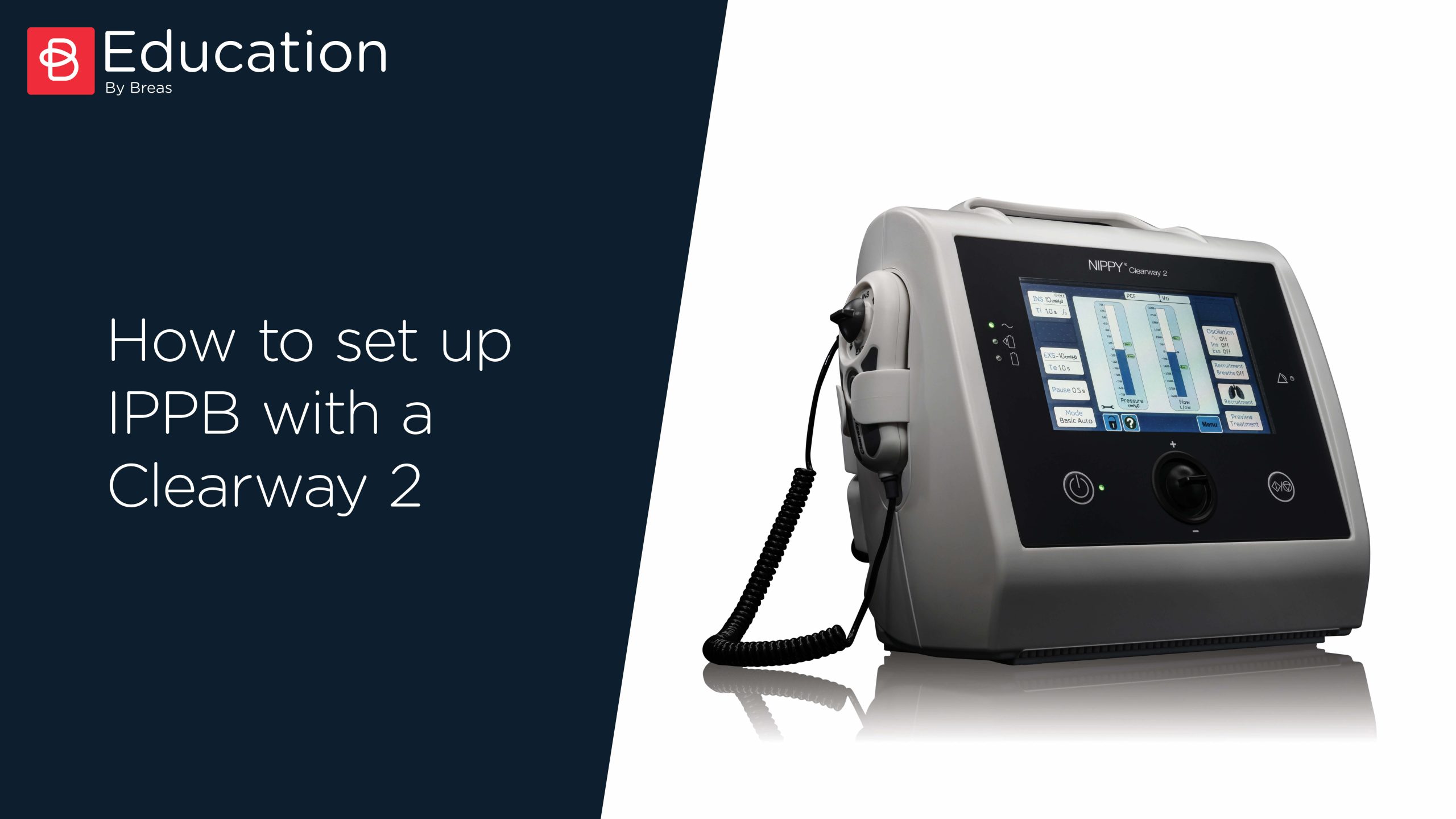Abstract
Background: Assisted coughing via mechanical in-exsufflation (MI-E) is a first-line treatment for secretion management in patients with amyotrophic lateral sclerosis (ALS) with unassisted CPF < 4.25 L/s. Some devices enable oscillations to be added to MI-E (MI-E+O). We sought to determine whether adding oscillations to MI-E enables a reduction in the use of invasive secretion management procedures (ie, bronchoscopy or tracheostomy) in subjects with ALS.
Methods: We conducted a 12-month, prospective, randomized follow-up study of subjects with ALS for whom assisted coughing techniques were indicated. One group was treated with oscillations in addition to MI-E (MI-E+O), and the other group was treated with conventional MI-E.
Results: 29 subjects were included in the MI-E group and 27 subjects were included in the MI-E+O group. Five subjects (8.9%) required invasive techniques for secretion management (3 in the MI-E group and 2 in the MI-E+O group, P = .70). Treatment with MI-E+O did not alter the risk of invasive procedures (odds ratio 0.69, 95% CI 0.10-4.50, P = .70). The mean number of respiratory infections was 0.58 ± 0.16 in the MI-E group and 0.025 ± 0.08 in the MI-E+O group (P = .10). Survival was 8.96 ± 0.18 months in the MI-E group and 7.70 ± 0.70 months in the MI-E+O group (P = .10).
Conclusion: Adding oscillations to MI-E did not enable a reduction in the need to perform invasive procedures for secretion management in subjects with ALS.
Keywords: amyotrophic lateral sclerosis; bronchoscopy; chest infection; cough-assist; mechanical insufflation-exsufflation; survival.














